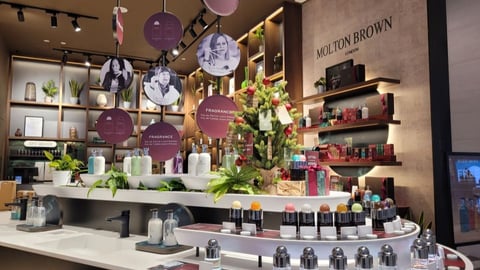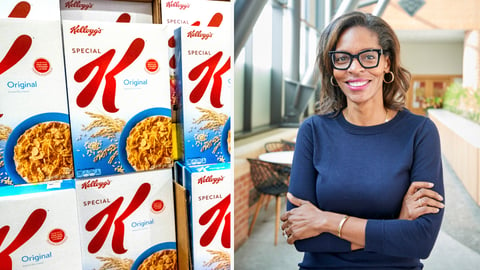Lululemon Finding a New Way into Consumers’ Homes with Mirror Acquisition
Lululemon Athletica is acquiring in-home fitness platform provider Mirror for $500 million as it further builds out its digital experience offerings to consumers.
Mirror, which launched in 2018, offers live and on-demand digital fitness classes and personal training that’s accessible through a $1,495 smart mirrored display.
The acquisition will help Lululemon create more interactive, in-home customer experiences, and is expected by Lululemon to generate more than $100 million in revenue in 2020. Lululemon made an initial investment in Mirror in mid-2019, and this acquisition will further the content creation partnership between the brands.
The deal is also anticipated to amplify Lululemon’s brand ambassadors and establish product integration opportunities. Mirror founder and CEO Brynn Putnam is a former Lululemon brand ambassador.
The fitness startup will operate as a standalone company within Lululemon.
See also: How Brands Can Maintain an Edge in 2020's Crowded Retail Landscape
Like many apparel companies, Lululemon faced significant declines when it was forced to temporarily shutter its retail stores in order to help slow the spread of the coronavirus. Although its e-commerce comps increased 70% in the first quarter and its direct-to-consumer net revenue grew 68%, sales still declined 17% compared with the prior year. E-commerce contributed to more than half (54%) of its total revenue during the quarter.
However, the company is still faring better than many of its apparel counterparts. Like other athletic and athleisure brands, such as Nike, it’s looking toward digital engagement as a way to serve its customers who are more eager to hunker down at home than enter a gym.
Even before the health crisis, the company was investing in its digital capabilities — refreshing its website and app — and exploring more experiential retail experiences. COVID-19’s onset accelerated its efforts, and the company rolled out a series of online customer engagement offerings, including virtual shopping assistance.
This story originally published on RIS News.





